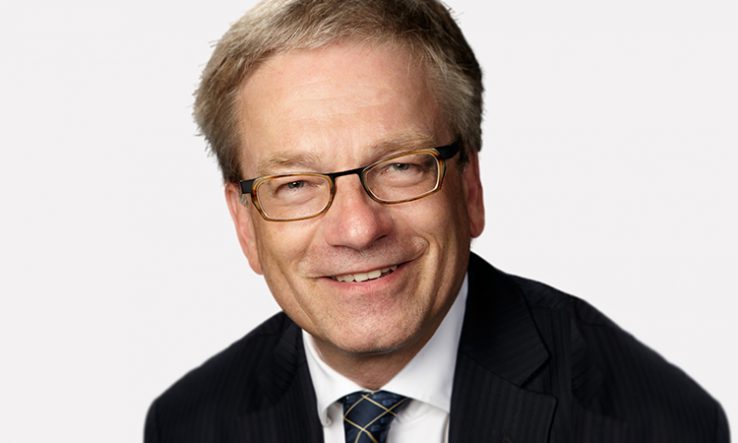
Image: Quebec Research Funds
International Network for Government Science Advice extends “warm welcome” to Russian researchers
A global network linking science advisers to governments has said it will create a European “chapter” to its organisation—and expressly welcomed Russian as well as Ukrainian researchers, despite Russia’s invasion of Ukraine.
Rémi Quirion (pictured), the president of the International Network for Government Science Advice, said in a statement published on 16 March that Ingsa “categorically” condemned the invasion, but called on “researchers and policymakers in both countries to refrain from shredding important, bilateral and, indeed, multilateral collaborations”.
Quirion, who is also the chief scientist of Québec, said researchers fleeing the invasion must be enabled to continue their work and maintain their international networks. “To this end”, he said Ingsa was “prioritising the creation of a new European Chapter within our suite of regional chapters, for all countries of the continent”.
He said: “The aim is to act as a bridge in developing skills and capacity building towards better science advice and science diplomacy for all. Ukrainian and Russian members will be warmly welcomed.”
Focus on individuals
Quirion told Research Professional News that the members would be individual scientists and trainees. Ingsa’s stance is therefore in-keeping with those adopted by many other academic organisations around the world, which have been cutting ties to Russian organisations—particularly those linked to the government or expressing support for the invasion—while praising and maintaining links with individual Russian researchers who speak out against the invasion.
“As a non-governmental organisation, Ingsa adopts the ethos to create and share best practices to rise above the divisions and cultural or procedural differences that might otherwise divide us, to gain consensus on ways and means of promoting open and collaborative science,” Quirion said.
“Ingsa will now proactively engage its membership to further discuss concrete actions supporting like-minded Ukrainian and Russian researchers and peaceful, science-led organisations on the ground.”
Quirion said keeping international networks functioning should be Ingsa’s “overriding objective”, and that “now, more than ever, we need to keep shared science, technology and innovation as the oxygen of democracy and human progress” given challenges such as climate change and biodiversity loss.
Other relations on hold
Elsewhere, however, Russian researchers are running into difficulties maintaining their European ties. On 17 March, the European Spallation Source, a major international research facility being built in Sweden, announced it had “decided to freeze any present or future collaboration with institutions of the Russian Federation and the Republic of Belarus until further notice”. The government of Belarus has supported the invasion.
The facility said this would include suspending the participation of Russian and Belarusian institutions and companies in ESS committees and workshops, as well as the exchange of scientists with institutions. Its actions are in line with a call from the European Strategy Forum on Research Infrastructures for research infrastructures to suspend engagement with organisations in Russia and Belarus.
Meanwhile, Research Professional News understands that a request from Ukraine for the Policy Support Facility of the EU’s R&D programme to provide independent advice on how the country can improve its research and innovation ecosystem has been put on hold. An international team of experts had been due to assess Ukrainian research and innovation, starting in February or March.